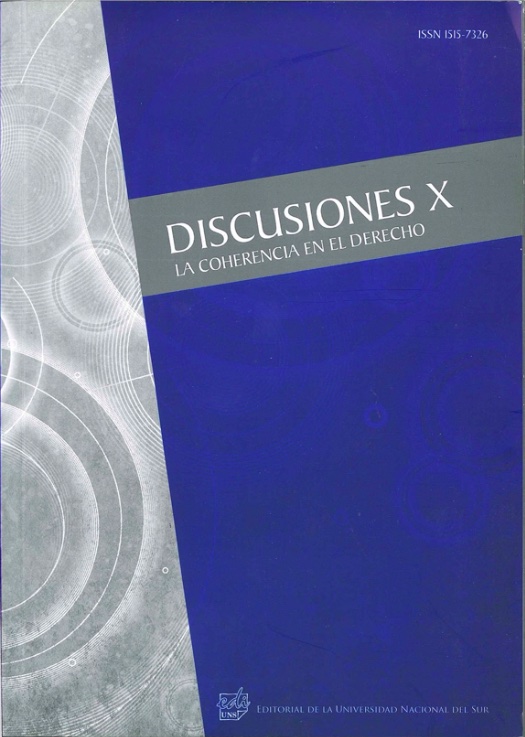Ten Theses on Coherence in Law
DOI:
https://doi.org/10.52292/j.dsc.2011.2521Keywords:
Coherence, Law, ReasoningAbstract
This paper reflects an investigation into the nature of coherence and its role in legal reasoning. The purpose is to present, succinctly, some ideas about coherence, in the form of 10 theses. The theses are: 1. The concept of coherence in law can be understood in terms of constraint satisfaction; 2. coherentist inference is an explanatory type of inference; 3. coherence is constructed through operations of contraction, addition and reinterpretation; 4. epistemic responsibility is a central component in a theory of coherence; 5. coherentist standards of legal justification vary with context; 6. Coherentist reasoning is reasoning about ends; 7. There are three types of reasons in favour of coherence: epistemic, practical and constitutive; 8. The main motivation for coherentist theories is the articulation of a non-sceptical alternative to formalism; 9. Coherentism is a psychologically plausible theory and this is a good reason in favour of it; 10. Coherentism places the agent at the centre of a theory of justification.
Downloads
Downloads
Published
How to Cite
Issue
Section
License
Discusiones does not withhold rights of reproduction or copyright. Consequently, authors may share the final versions of publications.


